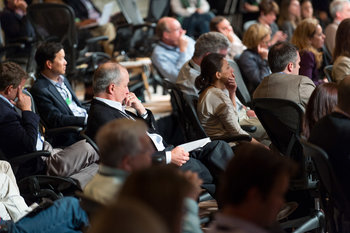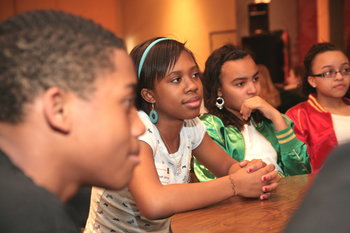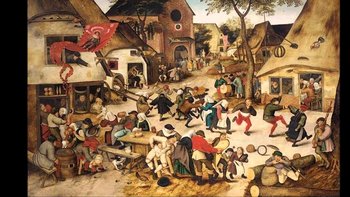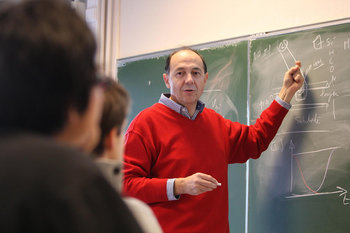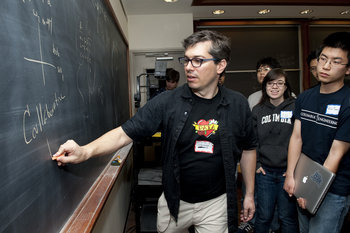Expert Opinion
The informed opinion of an individual with applicable professional or domain knowledge. For example, a diagnosis of a disease by a doctor based on test results and symptoms that may involve some degree of uncertainty.Intuition
Intuition is any mental process that isn't consciously understood by the thinker. This is often attributed to unconscious cognition. For example, a poker player may strongly feel that another player is bluffing based on decades of experience.Hypothesis
A hypothesis is a proposed theory that is later tested with experimentation. For example, a scientist who develops a theory that intestinal microbiome plays a role in a particular disease based on their understanding of processes in the body. This is adopted as a hypothesis with the full recognition that it's an educated guess that must be tested with rigorous research before it can progress towards being considered true.Inductive Reasoning
Inductive reasoning is the bottom-up process of developing a hypothesis from evidence. This allows for best guesses where there is ambiguity and grey areas. For example, a marketing team that interviews customers to develop a theory that an ice cream product isn't selling well because it's perceived as overpriced as compared to new products on the market.Deductive Reasoning
Deductive reasoning is the process of beginning with a theory and working to find evidence. For example, a computer technician who begins by rebooting a device to see if this process addresses a problem.Analogical Reasoning
Analogical reasoning is the process of using comparisons to develop an estimate, prediction or hypothesis. For example, a software developer who is asked to estimate some work who thinks about how long similar work took.Mathematics
An educated guess can be based on math such as probabilities. For example, a poker player who knows there is only a very low probability that anyone can beat their hand such that they feel free to raise their bet.| Overview: Educated Guess | ||
Type | ||
Definition | Conjecture based on knowledge, information and experience. | |
Related Concepts | ||













